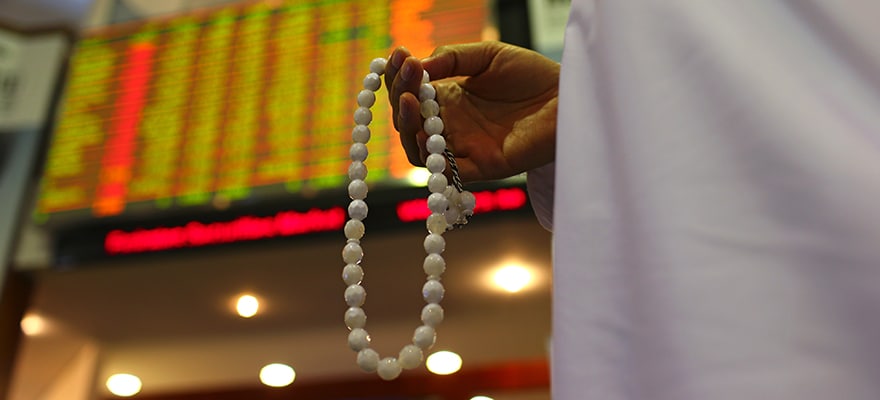CEO of the Nasdaq Dubai Exchange , Hamed Ahmed Ali, said on Tuesday that starting September 1, 2016, the UAE-based marketplace will launch an equity futures market to trade single-stock futures on the shares of specific local companies.
The new futures exchange would be an outcome of collaboration between Nasdaq Dubai and SHUAA Capital (DFM: SHUAA), a Dubai-based financial services provider, Arqaam Capital, EFG Hermes, Mena Corp Financial Services and Mubasher Financial Services.
Take the lead from today’s leaders. FM London Summit, 14-15 November, 2016. Register here!
Nasdaq Dubai will initially trade futures in 10 UAE stocks which accounted for about 55 percent of the traded value of all listed equities in the country. The 10 stocks are Aldar Properties, Arabtec , DAMAC Properties, DP World, Dubai Islamic Bank, Dubai Parks and Resorts, Emaar Properties, Etisalat, First Gulf Bank and Union Properties.
Lack of experience
The lack of listed equity derivatives in the UAE was prompting investors to ask international investment banks to design over-the-counter options for individual stocks.
Trading in listed futures and options would be much more transparent, allowing the local bourse and UAE regulators to monitor derivatives activity affecting local stocks.
In addition, Nasdaq Dubai plans to expand its offerings in the future to include other derivatives products, such futures on shares listed on MENA and international markets as well as options.
Although the introduction of the futures exchange could be a major development in the region, but there could be also some hurdles to overcome before Nasdaq Dubai could perform this kind of function. The challenges are clearly highlighted in the experience of the Nasdaq Dubai market, which operates until now mainly as a thriving market for sukuk and other debt trading.
The Gulf region in general falls behind the pace of other emerging markets in formalizing the regulatory and operational aspects of derivatives markets’ microstructures. With the exception of Kuwait, the region’s equity markets have been slow to introduce futures and options.
Hedge and Leverage opportunities
Nasdaq Dubai launched its equity derivatives market in November 2008 but this coincided with the global financial crisis, so the trading failed to gain critical mass. Equity futures are listed on 21 individual UAE companies and on the FTSE Nasdaq Dubai UAE 20 share index, which was designed as a hedging and investment mechanism for GCC and global investors.
"The futures market will provide opportunities to hedge or leverage on the underlying market. We saw a gap in the market and think there is good demand," Mr. Ali said to Reuters.
“Nasdaq Dubai aimed eventually to develop futures based on UAE stock indexes as well as single-stock futures on shares of other countries in the region,” he added.
Futures contracts will have maturities of one, two or three months and be settled in cash. Each contract will provide exposure to 100 underlying shares, with Shuaa Capital providing market-making services.

















